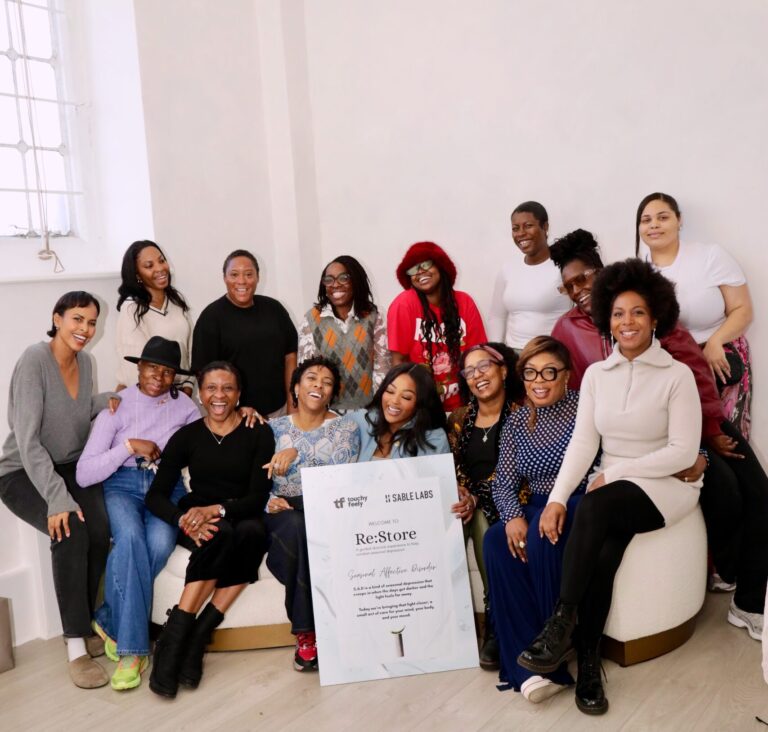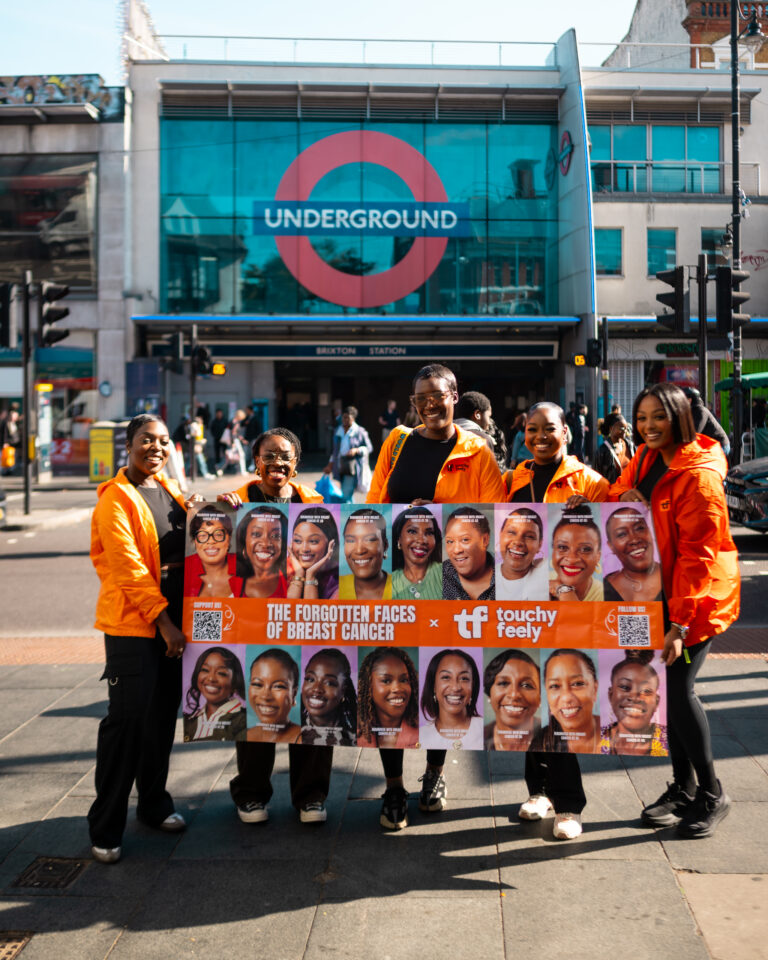For Black women in the UK, cancer statistics paint an alarming picture: later diagnoses, higher mortality rates, and poorer access to culturally competent care compared to their white counterparts. These disparities are not new, but they remain deeply urgent and they demand collective action.
The Numbers We Cannot Ignore
- Breast cancer is the most common cancer in women in the UK. Yet studies show that Black women are more likely to be diagnosed at a younger age and at later stages, reducing chances of survival.
- Gynaecological cancers such as ovarian, womb, and cervical cancer also disproportionately affect Black women, with higher risks of aggressive subtypes and poorer outcomes.
- Treatment disparities persist: evidence highlights longer waiting times for diagnosis, unequal access to new treatments, and poorer follow-up care for Black patients.
These figures are not just numbers; they represent mothers, sisters, daughters, and friends whose lives are being cut short.
Cultural Perspectives and Barriers
For many Black women, conversations around illness are layered with cultural stigma, silence, and sometimes mistrust of healthcare systems that have historically failed them. Misdiagnoses, dismissals of pain, and the lack of visible representation in cancer awareness campaigns have contributed to a cycle where too many Black women do not feel seen, heard, or supported.
Cultural perceptions of strength also play a role. Many women carry the expectation to “just get on with it,” often delaying vital medical checks or dismissing symptoms until it is too late.
Why This Matters Urgently
The urgency lies not only in the rising numbers, but in the preventable nature of many of these outcomes. With earlier diagnosis, better access to information, and equitable healthcare, lives can be saved. The reality is stark: if nothing changes, more Black women will continue to slip through the cracks of a system not designed with them in mind.
What Needs to Happen Next
- Culturally competent care: Healthcare providers must prioritise training that addresses unconscious bias and reflects the realities of Black women’s lived experiences.
- Representation in campaigns: Awareness materials should show women of all ethnicities, so no one feels invisible when receiving a diagnosis.
- Community-driven education: Grassroots organisations and trusted community spaces must be resourced to deliver accurate, relevant cancer information directly to Black women.
- Research and data: More robust research on cancer in ethnic minority women is urgently needed. Without data, disparities remain hidden.
- Policy change: The government and health services must commit to addressing inequalities in screening, treatment, and aftercare.
Our Commitment at Touchy-Feely
We are committed to spotlighting these disparities, amplifying the voices of women with lived experience, and pushing for urgent change. Each statistic represents a life and each story told brings us closer to a future where Black women are seen, supported, and given the care they deserve.




